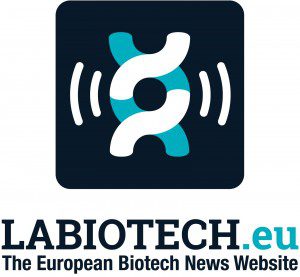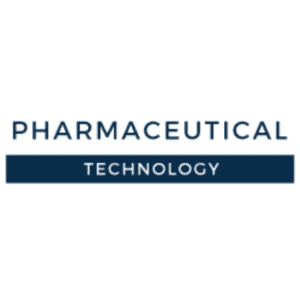Immunomedics nabs J&J veteran for CMO as it presses on with ADC redo
For the last year, biopharma veteran Loretta Itri, M.D. has been helping Immunomedics out with its troubled antibody-drug conjugate, sacituzumab govitecan. Now, she’s signing on with the company full-time as its new chief medical officer.

French Partnership Deploys AI for Antibody Drug Discovery
French companies OSE Immunotherapeutics and MAbSilico are teaming up to drive the discovery of new antibody drugs using artificial intelligence. The three-year partnership will use artificial intelligence, or AI, in six programs designed to accelerate the development of therapeutic monoclonal antibodies (mAbs) that can target cancer and autoimmune diseases.

Scynexis completes patient enrollment for women’s health phase 3 study
Jersey City-based Scynexis Inc., a biotechnology company delivering therapies for difficult-to-treat and often life-threatening infections, said Thursday it completed patient enrollment, ahead of schedule, in its global Phase 3 VANISH-306 study to evaluate the safety and efficacy of oral ibrexafungerp as a treatment for women with vulvovaginal candidiasis (VVC), commonly referred to as vaginal yeast infection.

Woman of the Week Podcast
Believing in the power of one, Kinnari Patel’s passion around rare disease is leading to unique development programs and awareness campaigns; she is equally passionate about sharing her learnings on the way to the C-suite as a mentor and sponsor.

Immunomedics Q&A: using ADCs to tackle unmet needs in breast cancer
Immunomedics has developed an ADC called sacituzumab govitecan, which directly delivers chemotherapy SN-38 to TNBC tumours, which highly express Trop-2 and represents an unmet need within a highly treated cancer type. The company’s chief commercial officer Brendan Delaney explains the drug’s efficacious mechanism of action in this tumour type, as well as noting its success to date, particularly in tolerability and how Immunomedics is advancing the ADC in other Trop-2-expressing tumours.

Adverum gains on Phase I data showing efficacy for wet AMD gene therapy
Updated interim data for Adverum’s intravitreal wet age-related macular degeneration gene therapy bolstered the company’s case that the product could compete with less convenient subretinal gene therapies for the indication.

Improving Efficacy of Colorectal Cancer Treatments with Ulf Jungnelius MD Isofol Medical
Ulf Jungnelius MD, CEO, Isofol Medical discusses the increasing incidence of colorectal cancer as a global issue and the current challenges in treating this devastating disease. Dr. Jungnelius also talks about the company’s drug candidate, arfolitixorin, currently being studied in a global Phase 3 clinical trial with the aim to improve the efficacy of standard of care chemotherapy for advanced colorectal cancer.

Trial Triumphs, Takeover Talk Boost Reata Pharmaceuticals
Warren Huff, Reata’s president and CEO, discussed the clinical progress of omaveloxolone and bardoxolone, as well as the company’s approach to drug development, before the stock surge in an exclusive interview with GEN Edge during the recent J.P. Morgan conference in San Francisco . . .
